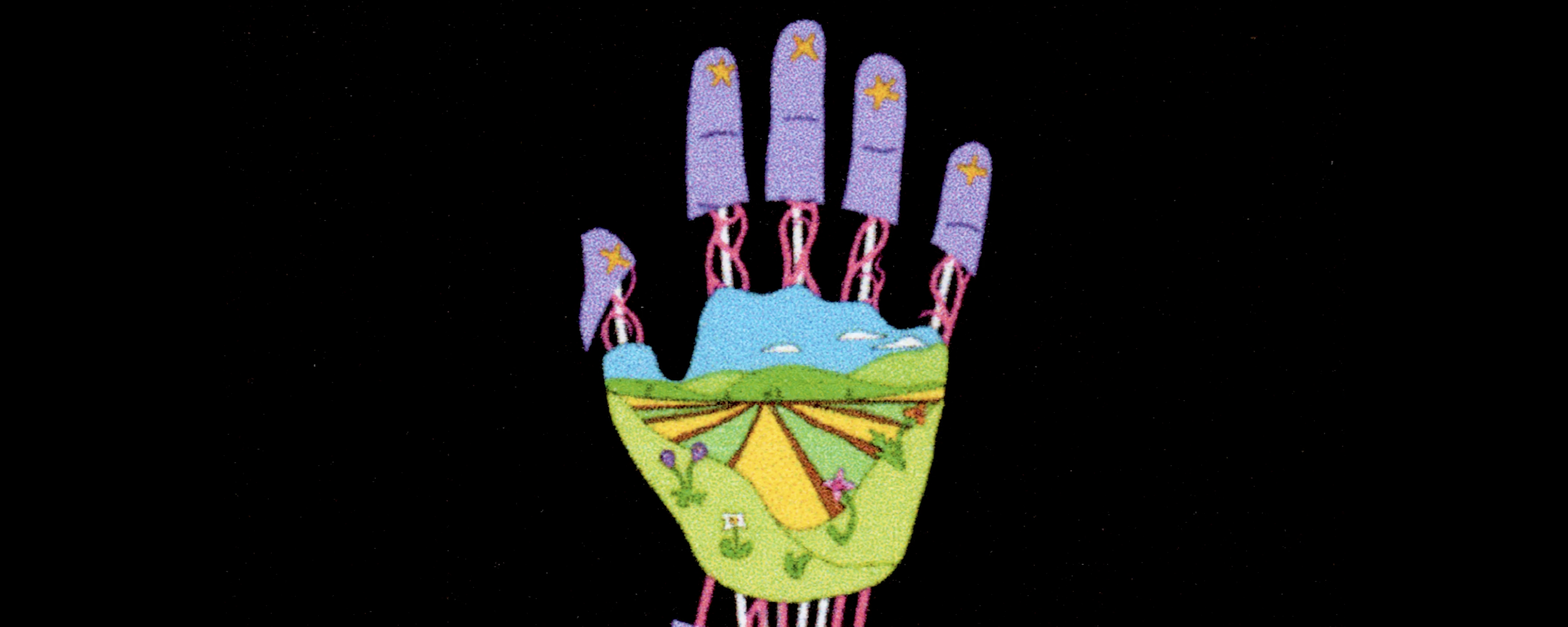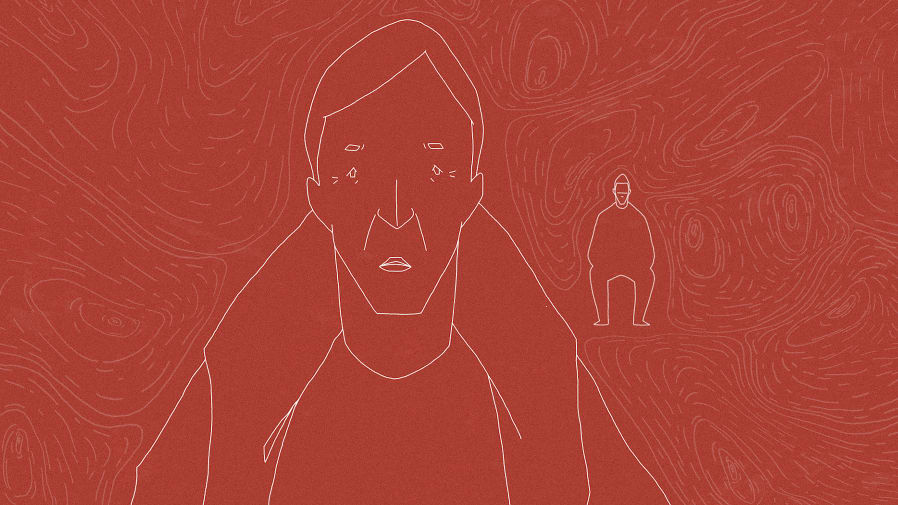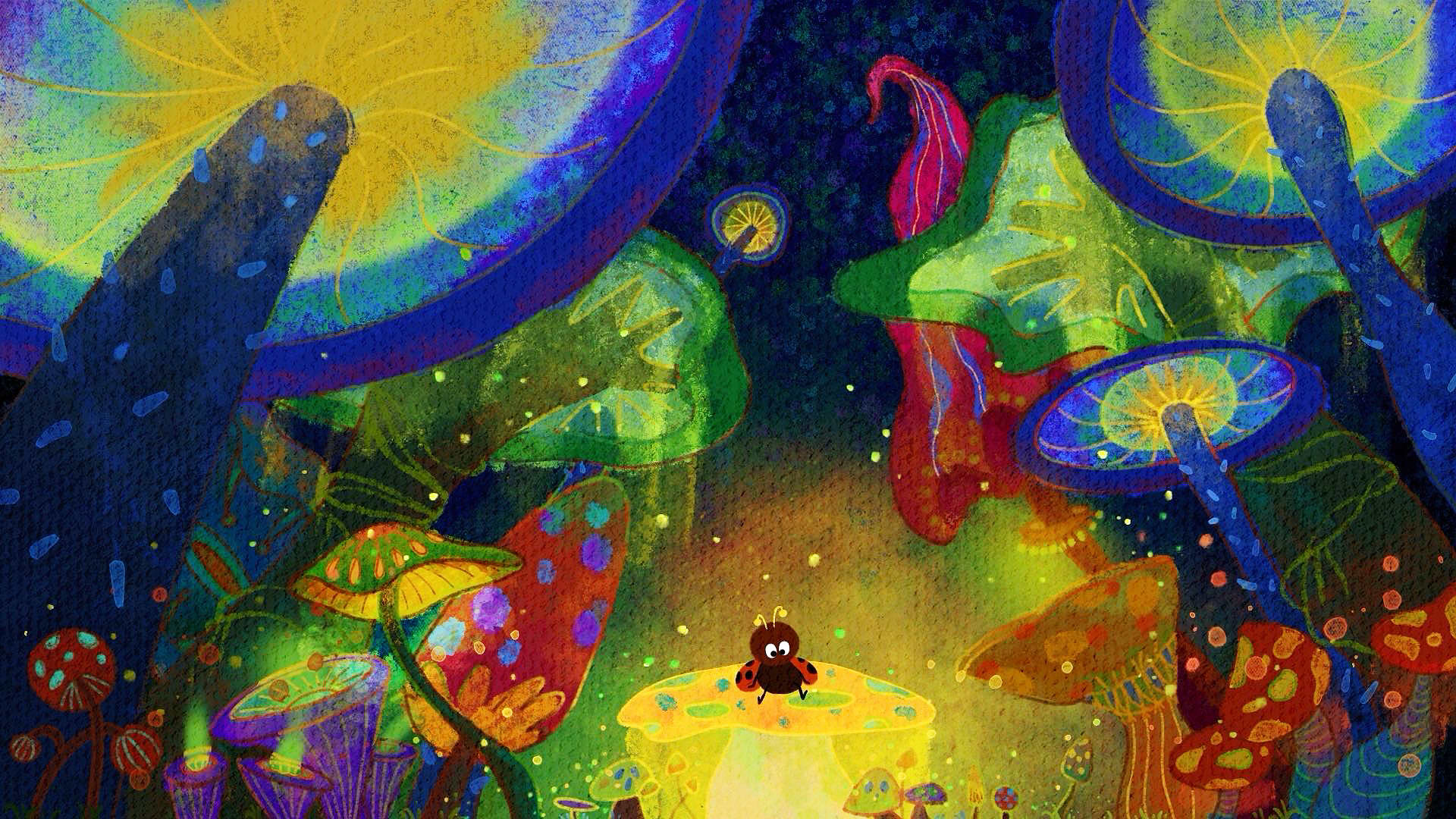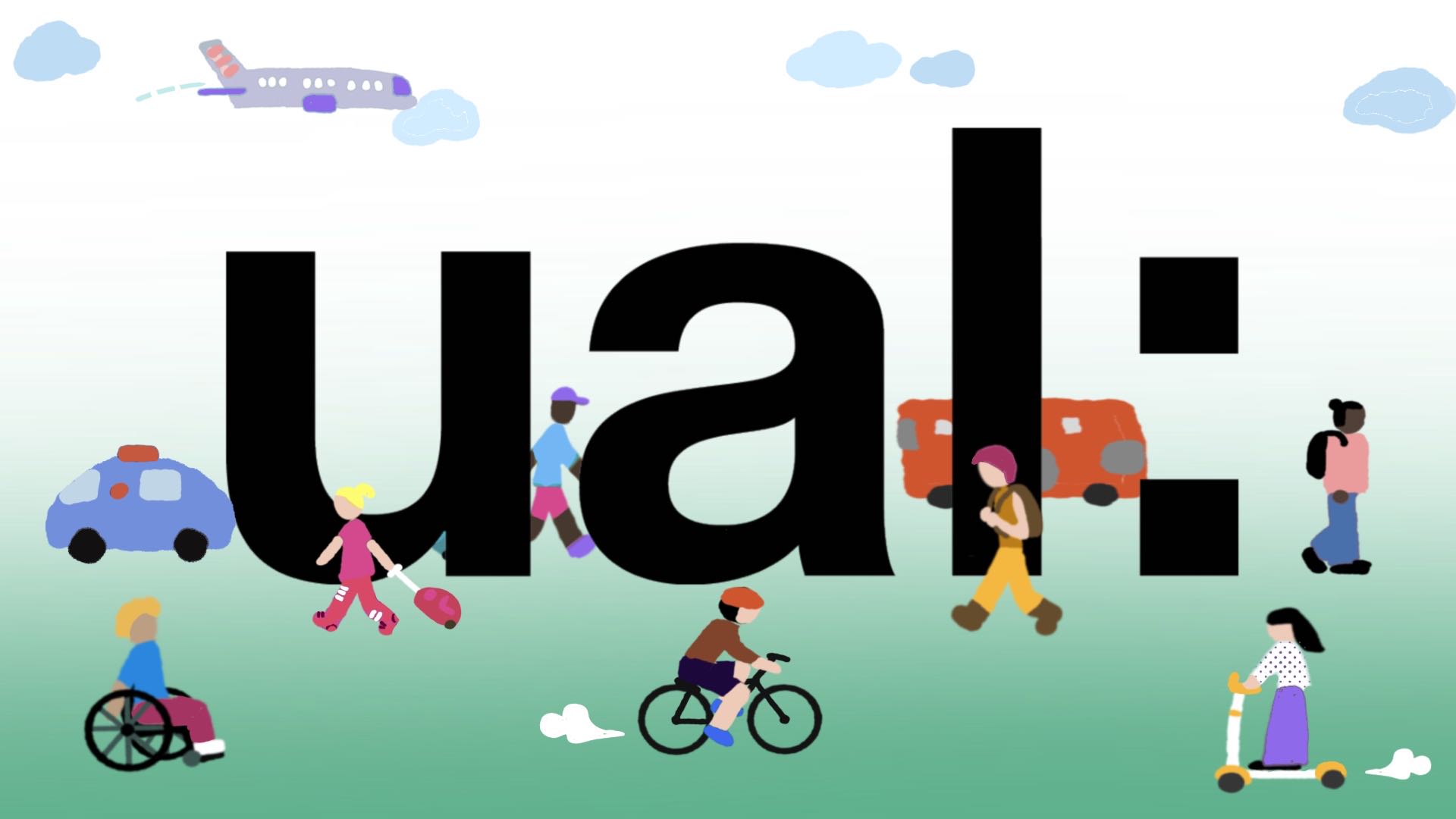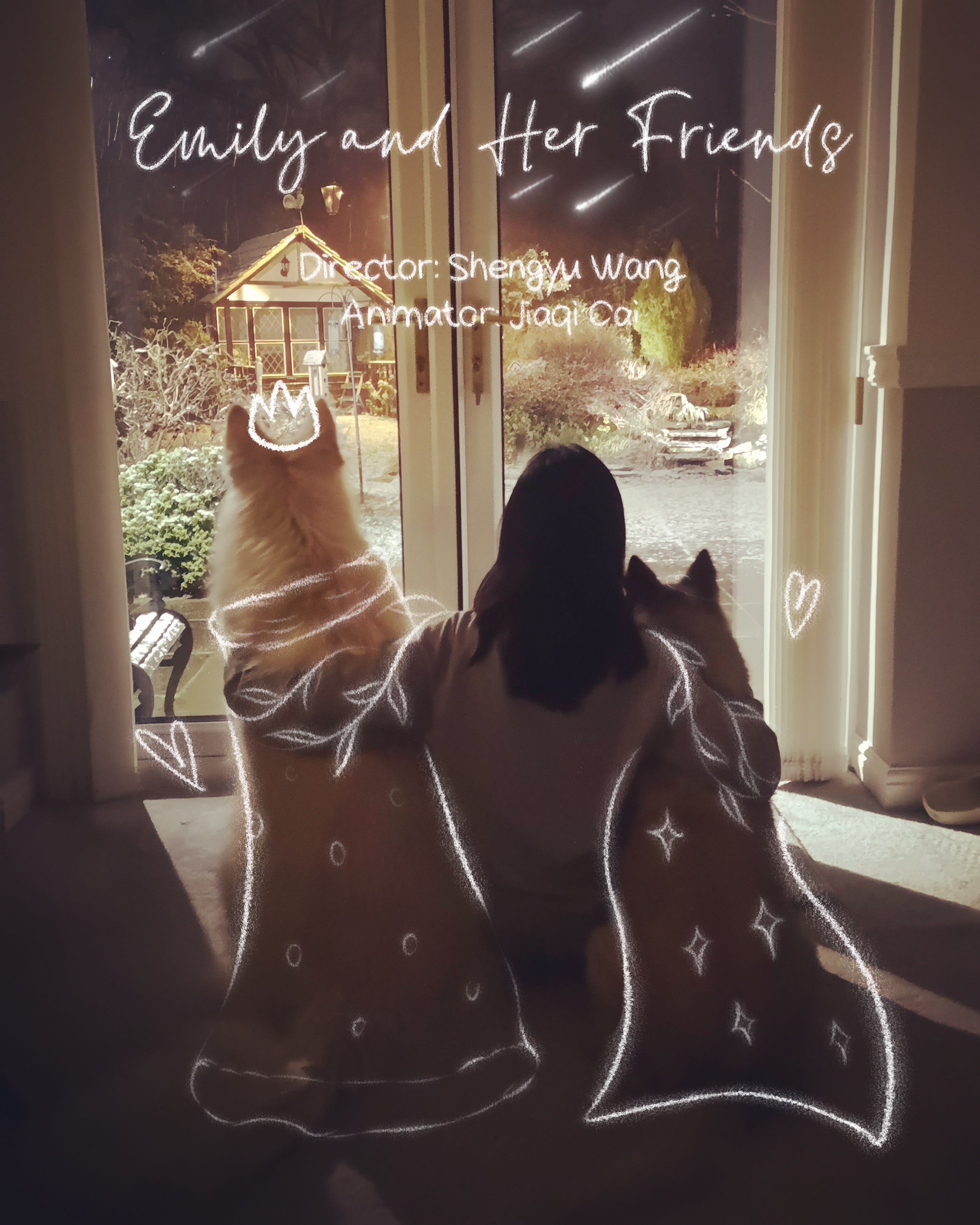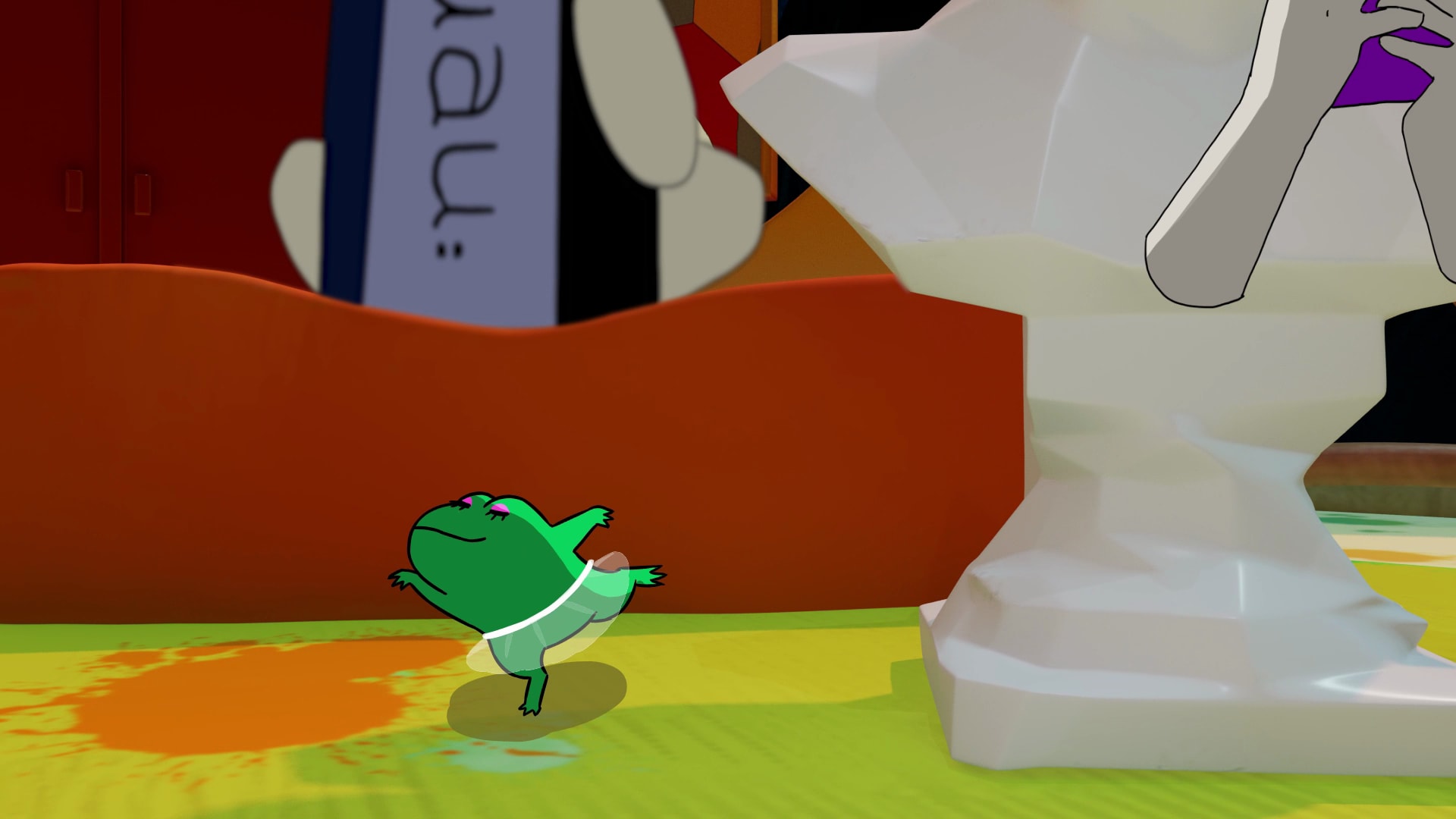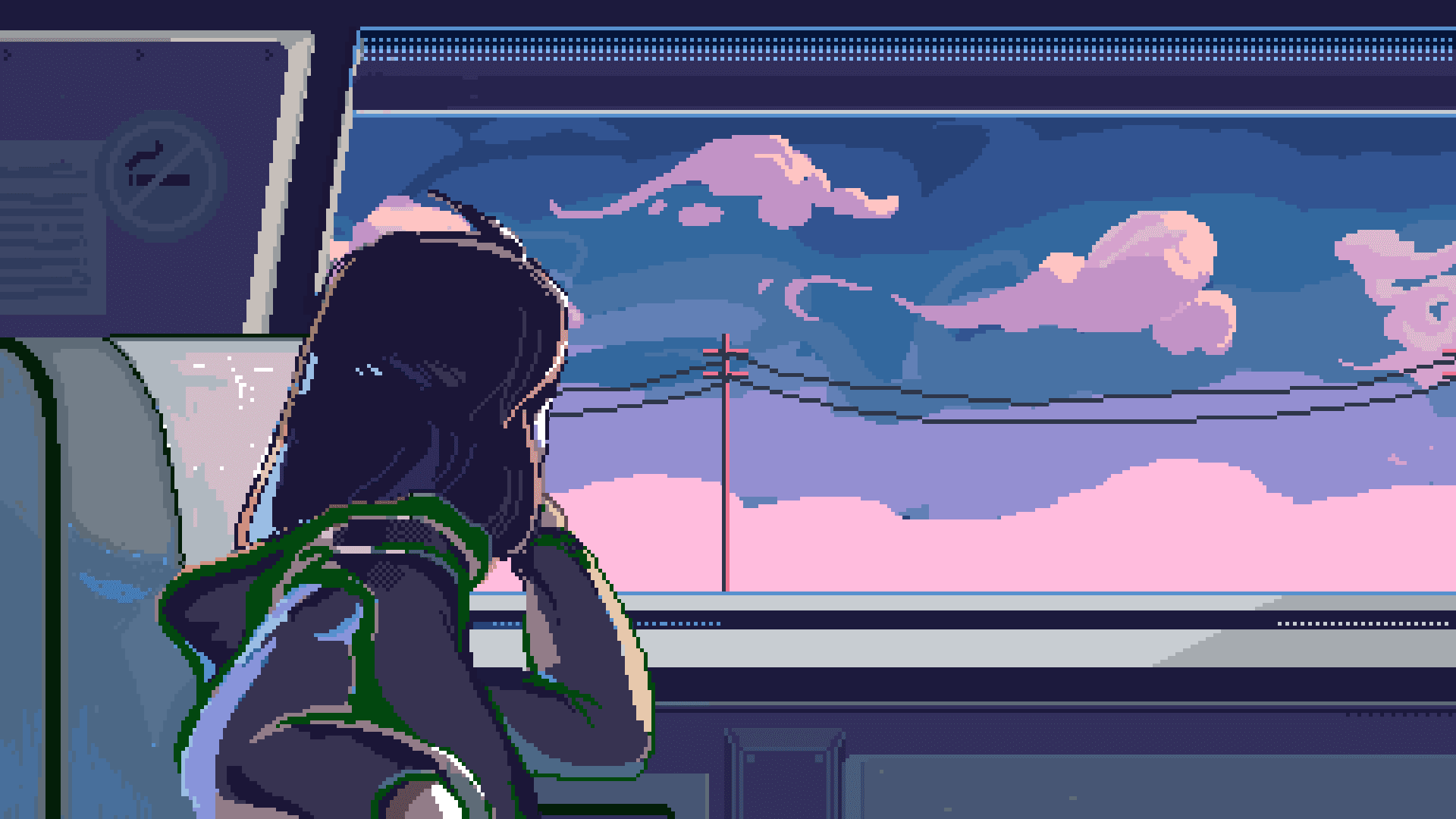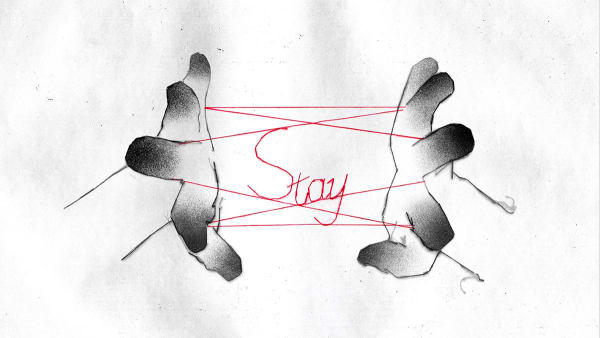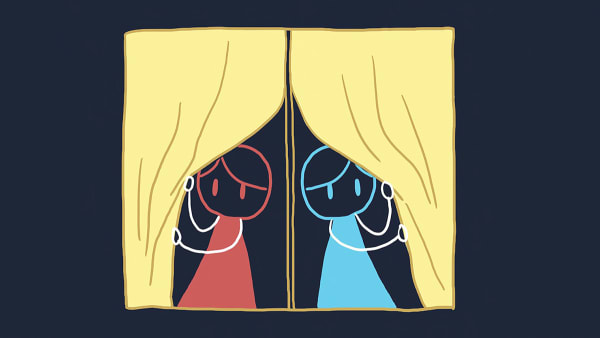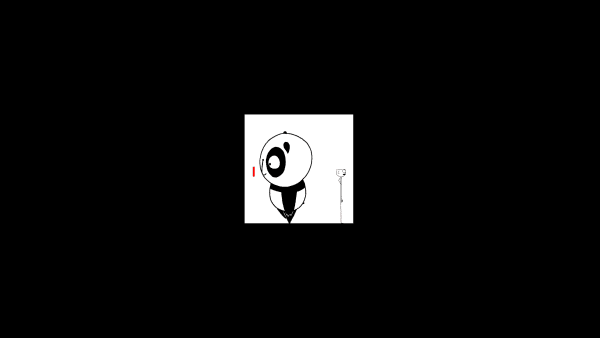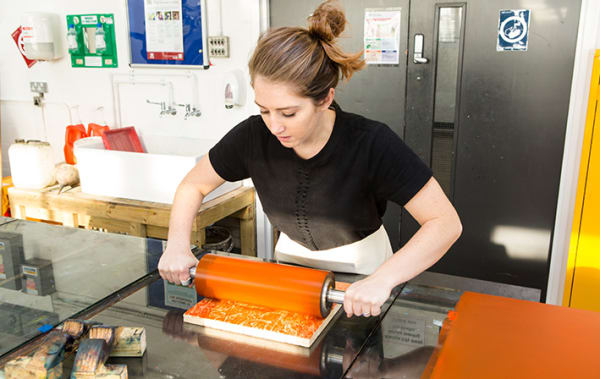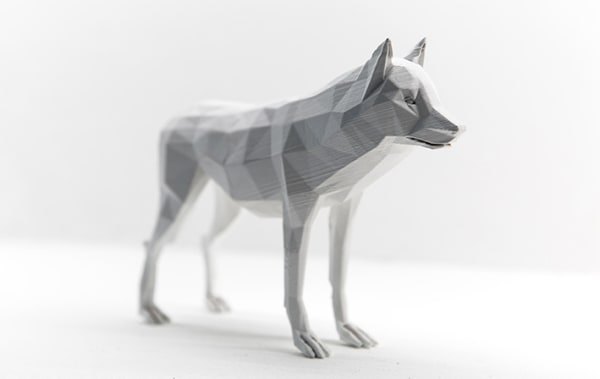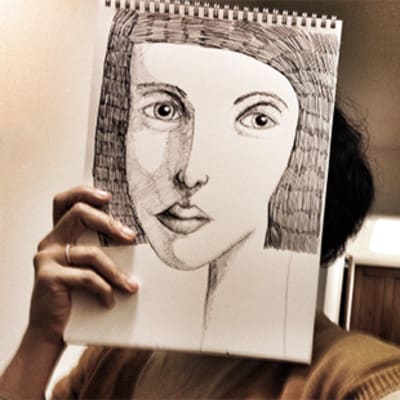Course units
In response to the Climate Emergency, UAL has embedded responsible practices within the curriculum. We shaped our courses around principles of social and racial justice, and environmental sustainability that ensure learning outcomes reflect the urgent need to equip you with the understanding, skills, and values for ethical practice and empower you to work towards an equitable future.
This MA course is divided into five units. Each unit is credit-rated. The minimum unit size is 20 credits. The total credits for this course is 180 credits.
Autumn, term 1
Experiment: Creative Practice (20 credits)
In Term 1 you will explore a range of technical and conceptual approaches to animation by producing short-form animation tests. This unit aims to support the development on your individual voice as an animation practitioner.
You'll engage in experimental animation process and practice, developing your distinct visual voice. This is underpinned by critical study that significantly expands your understanding of the themes that animation can address in a critical context, and by a technical programme that ensures you are able to experiment widely with various animation techniques.
Analyse: Informed Practice (20 credits)
In this unit, you will engage in a programme of theoretical seminars that explore the specific cinematic underpinning of animation culture and practice.
This forms the technical and conceptual basis for the subsequent units of the course.
Spring, term 2
Collaborative Unit (20 Credits)
You’ll have the opportunity to engage in a specific collaboration with a related course or an external partner. Collaborative partners may include fellow postgraduate students at LCC or UAL, postgraduate students at other Higher Education Institutions, and external organisations such as companies, cultural institutions, community groups, NGOs and charities.
Create: Personal Project (60 credits)
In this unit, you'll develop and produce a short animation or a body of experiments that form a coherent project - exploring a range of technical and conceptual approaches to the workflow of professional animation production.
Working from concept, research and development to pre-production, production and post-production, you'll outline a critical idea or theme that draws reference to a range of contemporary, personal, social, ethical, cultural, political religious and/or environmental issues.
Summer and Autumn, terms 3 and 4
Propel: Professional Futures (60 credits)
In this unit, you’ll bring together the knowledge, skills, and experience gained on the course to produce a self-directed, collaborative project and associated critical investigation.
The Unit is divided into two components: Element 1 “Thinking” and Element 2 “Making”. Both components contribute to the final grade, evaluating critical and practical competencies.
Element 1: Thinking – Thesis Submission (40% weight)
This unit focuses on critical inquiry and academic rigor, enabling you to articulate theoretical models underpinning your animation practice. You will produce a thesis or video essay reflecting on your creative and technical approach.
Element 2: Making – Professional Portfolio (60% weight)
This unit focuses on professional practice, where you will produce a client-led or self-directed animation portfolio. It emphasises practical realisation, industry collaboration, and the development of professional animation skills.
If, during the course of your studies, you are unable to continue and you decide to exit the course, you may get one of these two possible exit awards:
- Postgraduate Certificate will be awarded on successful completion of the first 60 credits.
- Postgraduate Diploma will be awarded on successful completion of the first 120 credits.
